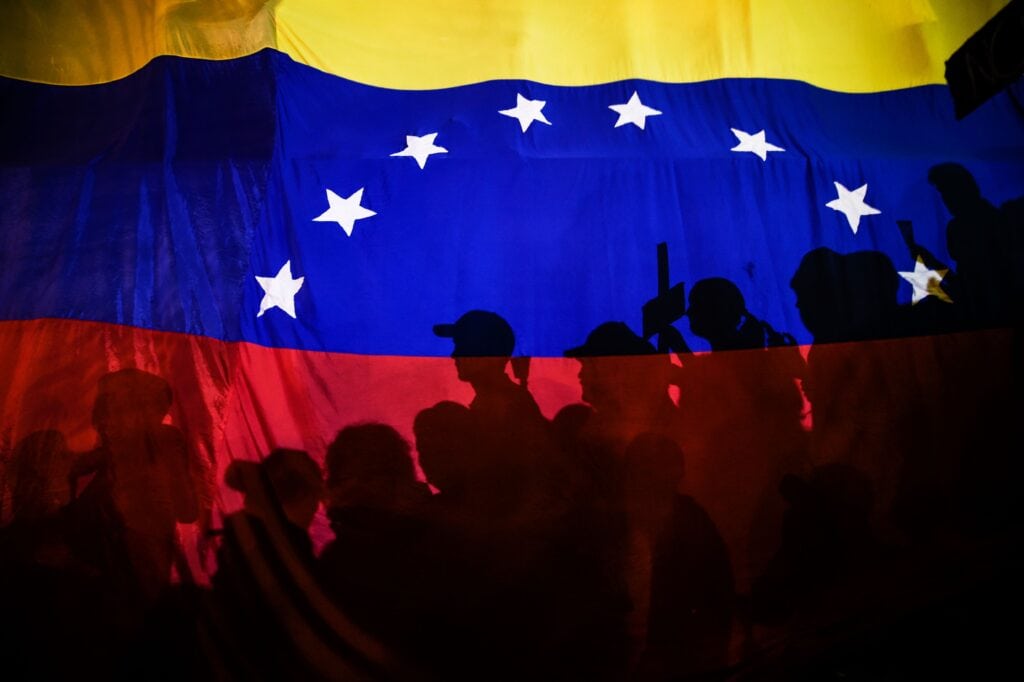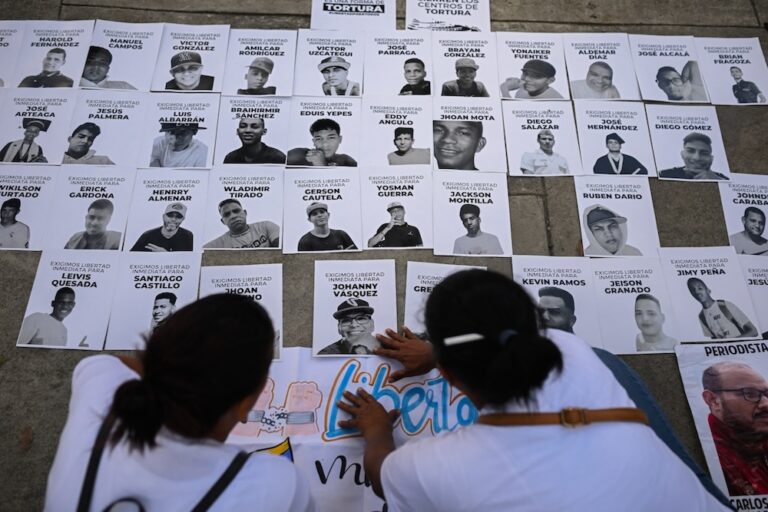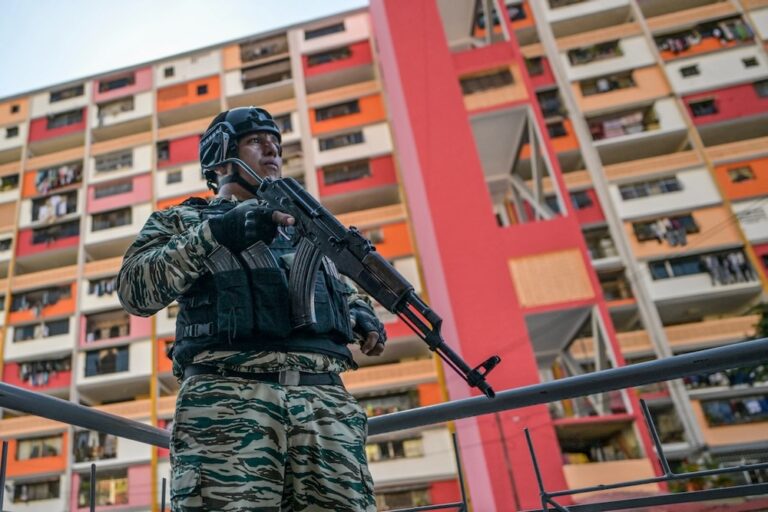Since its presentation before parliament, the debate on the “Law on Control, Regulation, Performance and Financing of Non-Governmental and Related Organisations” has been stigmatising in nature, depicting civil society organisations as “enemies of the country.”
We, the Regional Alliance for Freedom of Expression and Information, Civicus, IFEX-ALC and Voces del Sur (Southern Voices), call once again for rejection of a legislative initiative that would enable criminalisation of legitimate Venezuelan civil society activities and organisations. These organisations must be protected under the right to freedom of association, which represents a key element in guaranteeing healthy civic space and discourse.
After approval following initial debate a year ago, on 12 January 2024 the parliamentary review process of the “Law on Control, Regulation, Performance and Financing of Non-Governmental and Related Organisations” resumed with the opening of a public consultation process. Dates for the consultation process, however, have not been made known and available to the public.
Since its presentation before parliament, the debate on the bill has been stigmatising in nature, depicting civil society organisations that carry out social, humanitarian and human rights work as “enemies of the country”, accusing them of using “illicit funds” to “finance terrorism”.
The legislative initiative grants the Executive Branch faculties to supervise, inspect, control and penalise organisations and their affiliates via legislative and oversight powers. These powers subject non-governmental organisations to the discretionary interests of the ruling government, violating their independence and autonomy.
The initiative imposes obligations to provide “information regarding the constitution, statutes, activities and origin, administration and destination of an organisations’ resources,” with specific details required regarding sources of funding. These requirements would be introduced within a context in which this type of information has been used to pursue and criminalise sectors critical of the government.
Transparency is a fundamental pillar of civil society work and is carried out as a matter of best practices. The obligations contained within this legislative initiative, however, are being imposed within a framework that lacks clarity regarding the institutional guarantees required to effectively provide respect and protection for the right to freedom of association.
Venezuela is in the midst of a structural crisis that negatively impacts guarantees relating to social, economic, civil and political rights. The consequences of this crisis are having an impact across the region, with the displacement of millions of people to other Latin American countries. Thousands of people within the country receive necessary social and humanitarian assistance to address complex humanitarian needs. If this legislative initiative receives approval the work of organisations that provide this assistance will be severely curtailed. In addition, under this legislation, any initiative that operates in a manner that is autonomous and independent from government interests would automatically be suspected of carrying out criminal activities. This would include the work of social, religious, union, educational, community, environmental and neighbourhood organisations, collectives and movements, among others.
Venezuelan organisations are already subjected to a series of registration activities and must comply with their financial obligations. There is already a restrictive regulatory environment in place, under regulations such as the Law against Organised Crime and Terrorism Financing or Administrative Ruling No. 002-2021, among others. These regulations effectively impede organisations from registering or updating their documentation. Within this scenario, there have been arbitrary interventions in civil society associations, and activists and rights defenders have been criminally persecuted. This situation has progressively worsened in the lead up the electoral process scheduled for 2024.
We call on the international community to support actions that prevent this and other similar legislation from moving forward in the region. The goal of these types of legislation is to take away freedoms in our countries. Initiatives of this sort feed into stigmatising narratives and encourage more restrictive and anti-democratic actions. If this bill is approved, the work of non-governmental organisations in Venezuela will be even more limited and threatened, which could trigger an escalation in criminal persecution of activists and rights defenders.
Recovery of democracy requires the active defence of civil society. Individuals, organisations, collectives, initiatives and movements, with their varied and unique mandates, can quell restrictive and illegitimate practices that seek to diminish institutions in order to preserve and concentrate power in the hands of a few at the cost of respect for the rights of all.



